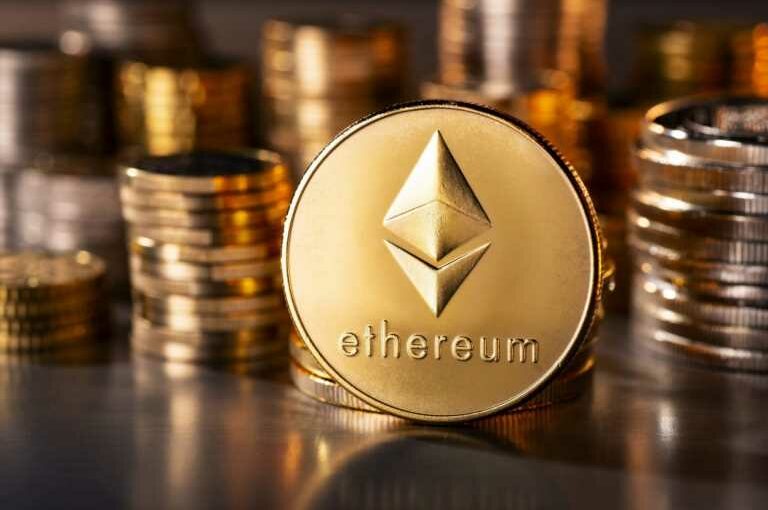Ethereum may not be the most talked-about cryptocurrency in the world, but the digital asset quietly touched an all-time high of $4,400 on Friday. In the crypto world of Bitcoin and Shiba Inu, ETH has gained its share of popularity, slowly and steadily. In 2021, Ethereum’s price jumped from $700 on 1 January to as high as $4,400 on 29 October. With a market cap of nearly $520 billion, ETH is the world’s second most dominant crypto asset.
Once completed, Ethereum’s network upgrade (ETH 2.0) will shift ETH from the current proof-of-work network to a more efficient proof-of-stake network. Ethereum community has already staked more than 8 million ETH worth over $35 billion under the deposit contract of Ethereum 2.0. On the other hand, ETH’s crypto market dominance is on the rise. But are these two factors enough to justify ETH’s latest bullish move? Finance Magnates asked leading analysts in the crypto ecosystem about their views on the recent developments across the Ethereum network.
Ethereum as an Investment
Maria Stankevich, Chief Business Development Officer at EXMO UK, believes that despite the latest bullish rally in Ethereum, the crypto asset is still not overpriced.
“If we speak about ETH as an investment, I would definitely recommend it, as I don’t think that the coin is overpriced, there is still room for growth. Usually, the price is pumped up by the “extra” money supply, when people start spending some funds that are not enough for a car or a house, on cryptocurrency. I think that current cash flows that push the price up brought by institutional investors that are diversifying their portfolios,” she said.
Commenting on the recent network updates, Maria mentioned: “As for the new Ethereum update, I would mention one important change: they tightened the rules for penalties there. In general, they talked about this for a long time. For me, it is a bit unreasonably harsh, but this is my opinion. Initially, they were reduced, because the possible bugs in the software were more likely to happen than some dirty actions of the validator, but now they have made them what they should be.”
“For example, Inactivity Leak, an offline penalty that increases each epoch, is applied to validators during extended times of no finality (e.g. if one-third or more are offline or not on the canonical chain). This ensures the chain can eventually regain finality even under catastrophic conditions. Slashing: a penalty applied to validators that sign explicitly malicious messages that could lead to the construction and finalization of two conflicting chains (e.g. two blocks or attestations in the same slot). Third, the update brings about changes in penalty parameters that make inactivity leaks and slashing more punitive than in the pre-Altair era,” she continued.
Rising Demand
According to Johnny McCamley, Founder of CryptoClear, the demand for Ethereum is rising sharply. “Exciting times ahead as Ethereum 2.0 Altair Beacon Chain update had a successful start, with 98.7% of the nodes upgraded. It is also clear to see demand is skyrocketing for ETH, our Member’ inquiries have been blowing up regarding buying more ETH. ETH is still a fantastic buy and is 1 of the 15 projects that we, at CryptoClear, include in our Dollar Cost Averaging plan (DCA Plan) for the long term due to the team, tech maturity, and real-life use case,” McCamley said.
Green Crypto
“Ethereum has fulfilled the expectations and Ethereum 2.0 (Proof of stake) will show how energy consumption drops significantly (green crypto is always the best approach). Also, all Metaverse or just “Meta” need Ethereum for their non-fungible tokens (NFTs). So, we could see ETH skyrocketing in some weeks,” Joaquim Matinero Tor, Banking, Finance & Blockchain Associate at Roca Junyent, told Finance Magnates.
Source: Read Full Article
